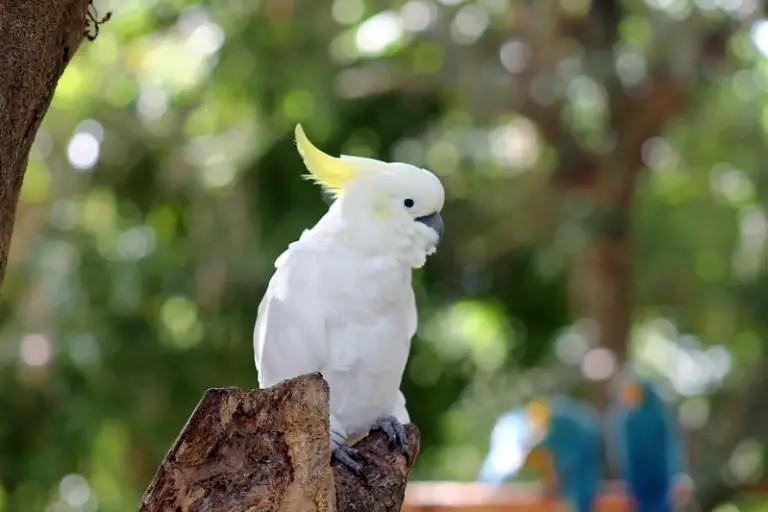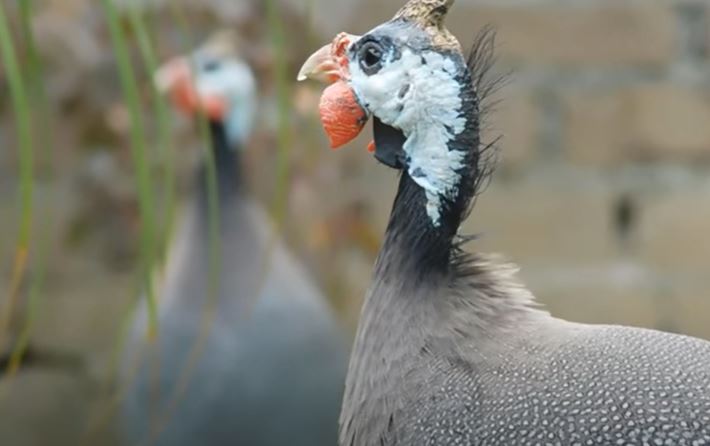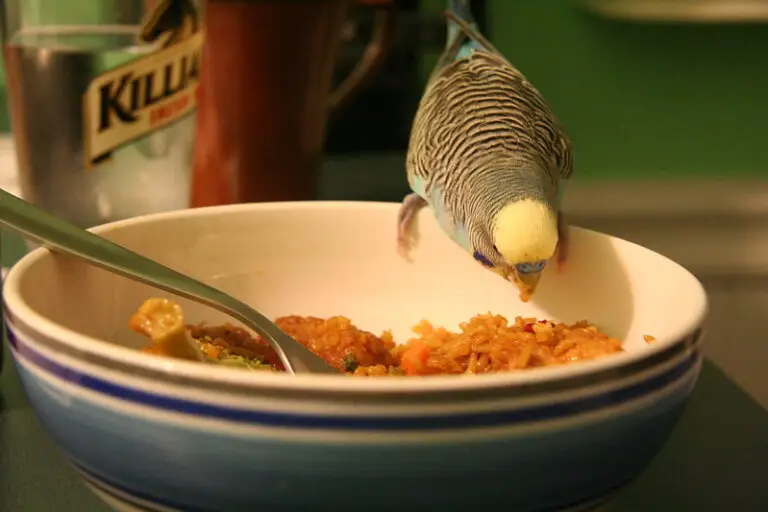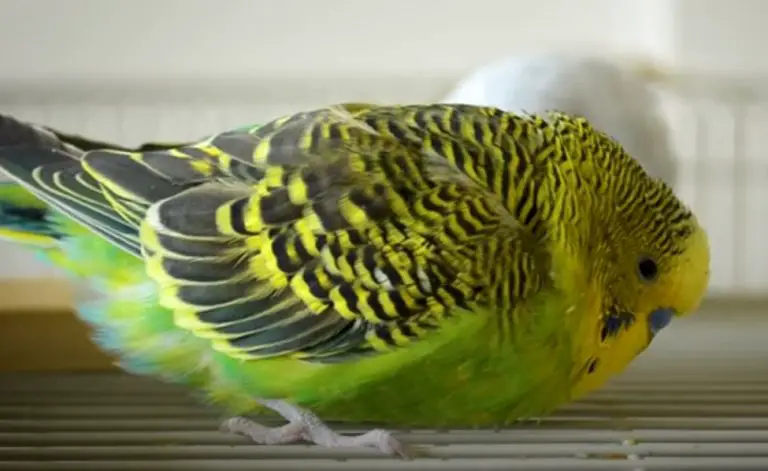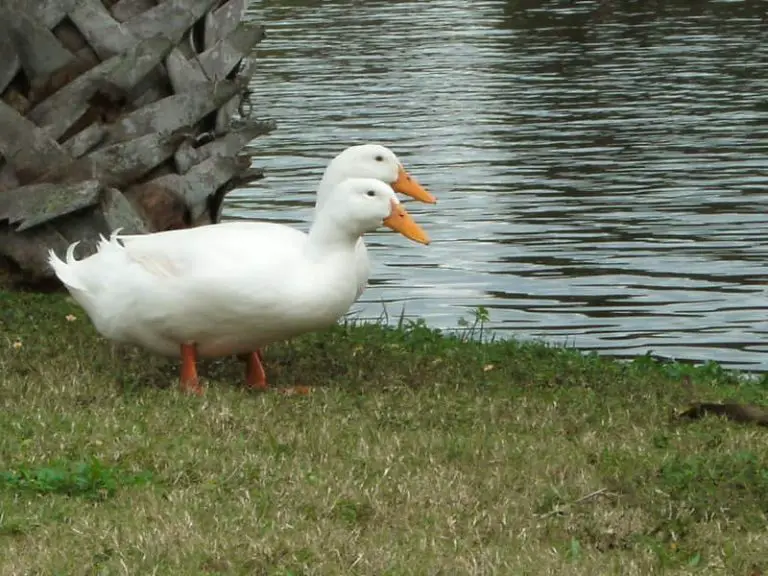Can Chickens Eat Leaves? (Various Examples)
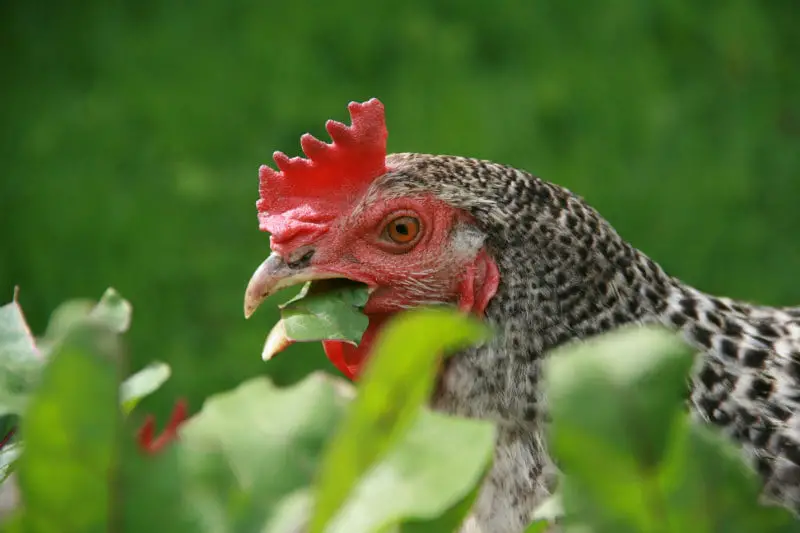
Can chickens eat leaves?
Chickens are like hyenas in poultry, they eat everything, I’ve been surprised at how much a chicken can eat, among those things leaves of trees, chickens can eat leaves of trees.
But since there is so much variety in the plant kingdom, there are some leaves that are more nutritious and preferred by the chickens, while other leaves may contain certain substances that could be toxic in large quantities.
Usually, a hen has a very good instinct of what she can eat by avoiding things that are toxic to her, but in this case, we will put a guide of the most common type of leaves that a hen might or may not eat.
As omnivores, chickens can eat almost anything, including vegetables as a side dish, although there are some warnings. An example of vegetables that could be negative for hens is cabbage, whose layers may look like large leaves.
The oxalic acid it contains appears to be carcinogenic to chickens. I don’t really know the authenticity of this information because there are many discrepancies about it.
Anyway, for your peace of mind, you should avoid feeding them cabbage. As I mentioned previously, cabbage is not in itself a leaf of a tree, but its texture is identical to that of a leaf.
Some leaves can be quite nutritious for chickens and others slightly toxic, chickens have a very good instinct of what they can eat, maybe even better criteria than us about choosing their food, a chicken could detect if any leaf is too toxic to eat.
Let’s take a look at some of the most common leaves that chickens might eat, their nutrients, and what would be the precautions to take.
Can chickens eat cabbage leaves?
Cabbage leaves are different from the cabbage itself, Cabbage leaves are sources of vitamins, magnesium, and calcium. They can be easily digested by chickens because cabbage leaf is very good for their stomach and intestines. Because the leaves grow quickly, they can be a constant food source for chickens.
Can chickens eat bamboo leaves?
Bamboo is one of those plants of invasive character, they grow a lot and expand without control, the one that has bamboo plants on his property usually has the problem of a great number of leaves piled up in the soil.
So if you also have chickens, it would be super profitable and effective to be able to feed them with bamboo leaves.
There are different kinds of bamboo, bamboo shoots are known to have different toxic components, including a substance derived from cyanide.
However, the leaves of bamboo are not toxic or “slightly poisonous”, most toxic components are not found in all bamboo plants, and are only found in stems, roots, and seeds, These contain the so-called cyanogenic glycoside called “Dhurrin”, poisonous cyanide.
Depending on the kind of bamboo you have the chickens could eat its leaves, but for this you must do the test, cutting the leaves in small pieces that are digestible, trust the instinct of the chickens, if they don’t eat the leaves of the bamboo it is because something is not right.
Hydrocyanic acid is a kind of defense system of the bamboo plant against predators, it has the task of blocking cellular respiration and acting as carbon monoxide.
It is very unlikely that a chicken would like to eat bamboo leaves, its texture is not very manageable and its taste is extremely unpleasant.
Can chickens eucalyptus leaves?
Eucalyptus is a very useful tree and known as a medicinal plant, but its leaves also contain considerably toxic components when ingested.
While eucalyptus leaves have many beneficial effects on the body, they also contain a component called hydrocyanic acid glycosides, so attention should be paid to their toxicity.
This toxic component is not a problem with topical use, but ingestion causes food poisoning, so it is not recommended to eat it, and it is also very unlikely that a chicken will eat it.
Can chickens eat strawberry leaves?
Strawberry leaves are soft and its flavor is not unpleasant at all, I say this because sometimes eating strawberry I have chewed without wanting one or another leaf, usually the fruit leaves do not contain toxic substances, it is something very logical, otherwise the fruit would also have some toxic substance.
Strawberries can be used with all the leaves, from my point of view a hen can love eating strawberry leaves, even if these leaves are not so abundant, strawberry leaves also contain vitamin C and are a digestive stimulant.
Can chickens eat broccoli leaves?
Broccoli leaves are usually discarded but they are actually a great source of nutrients, broccoli leaves are high in beta-carotene, an antioxidant with healing properties when used by humans, it is also a source of vitamin A and C.
Broccoli leaves are not toxic and can be fed to chickens, in fact, many rabbit breeders feed them broccoli leaves cut into pieces, you should try it with your chicken because these leaves have a characteristic bitter taste that may not be to their liking, but they do not represent a danger to their health.
Can chickens eat beetroot leaves?
Beet leaves are edible and very nutritious, beet leaves contain more iron, calcium, vitamin C, and E than the root itself and both roots and leaves contain good proportions of magnesium, phosphorus, and vitamin B6.
The beet leaves have a very soft texture so they can be easily digested by the chickens, it is so soft that you can even chop it up with your own hands.
Can chickens eat lilac leaves?
The lilac butterfly flowers in pink, white and yellow. The flowers, the green branches, the capsules and the seeds contain saponins and glycosides (Aucubin, Catapol). These ingredients will only cause symptoms of poisoning after the ingestion of high quantities.
Lilacs are not poisonous to chickens, as the active ingredients are only absorbed in small amounts. Even so, the wilted flowers must be cut off so that a large number of seeds do not fall to the ground.
Can chickens eat zucchini leaves?
Zucchini, which is known as a vegetable familiar to cucumbers, is actually classified as a fruit, contains many nutrients and facilitates digestion, but bitter zucchini contains a natural substance called cucurbitacins that is recognized as toxic.
This substance can also be found in the leaves of zucchini, but not in such large quantities that it can significantly affect a chicken that ingests it.
Due to its high amount of nutrients, the zucchini leaves can be very nutritious for the chicken, you only have to handle the amounts supplied, they could also be mixed with other types of vegetables.
Can chickens eat Celery leaves?
Celery certainly has a characteristic flavor and is a vegetable whose leaves and stem are not toxic, so it can be fed to chickens safely, always keeping in mind the same criterion of chopping it into small pieces.
Celery leaves also have nutrients, I know we have talked about nutrients from the different leaves, but let’s be honest, chickens don’t care about this as much as if they were humans, the essential thing is that they can eat without getting intoxicated.
Can chickens eat tomato leaves?
Tomatoes produce a toxin called solanine. This substance is found in all parts of the plants but especially in the stems and leaves because they are the most sensitive to attack.
Although the amount of solanine contained in the tomatoes, both in the leaves and in the tomatoes themselves, is very small, it is still not recommended to feed the leaves to the chickens.
Can chickens eat grape leaves?
In Mediterranean cuisine, grape leaves are popular for wrapping up dishes such as sheep’s cheese. However, it is noted that pesticide residues have been found even in organic products.
Pesticides are supposed to protect the vines from insect damage and fungal attack. Residues can be found on both grapes and leaves.
In any case, before feeding your chicken with grape leaves you should wash the leaves if you do not know where they come from, in order to remove any pesticide residue.
You should also know that grape leaves contain calcium oxalate that in large quantities could affect the health of the chicken, in this case, you must also trust the chicken’s instinct to eat them.

